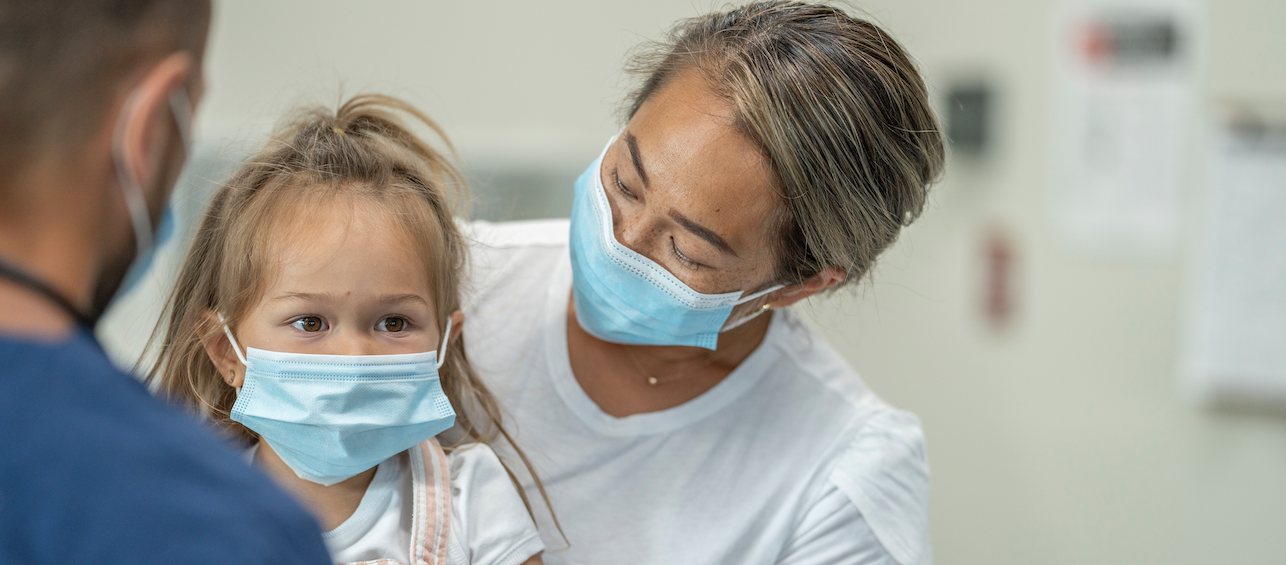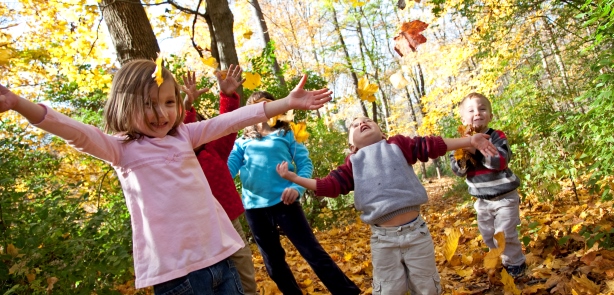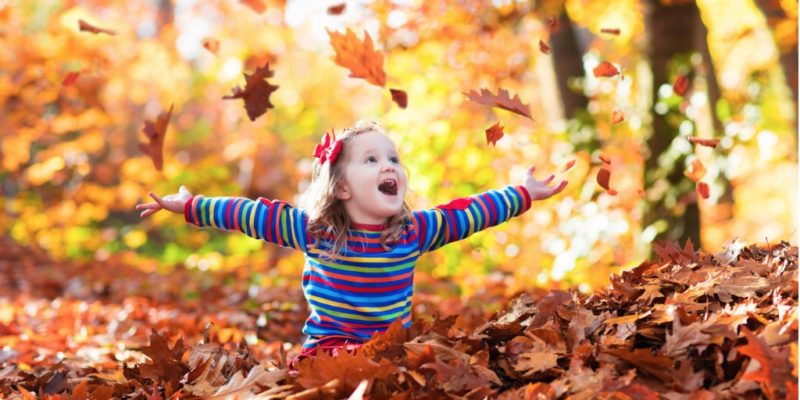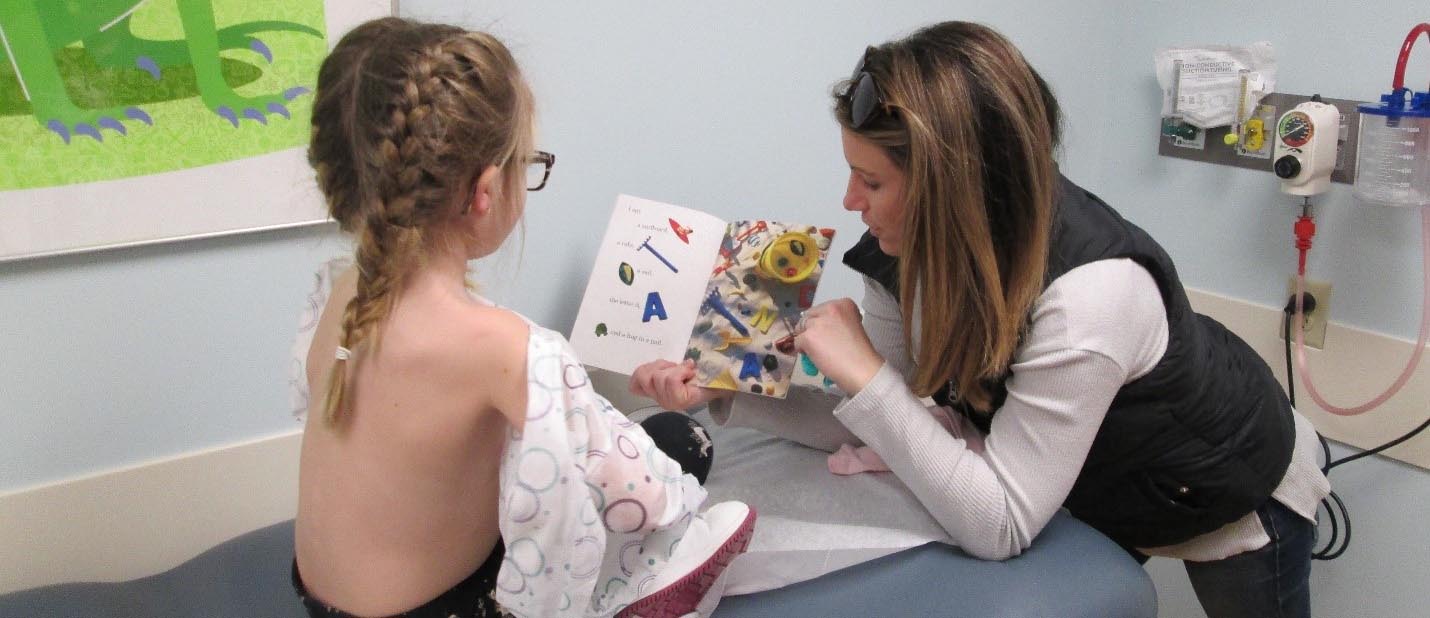Spring is a welcome sight for parents looking to find more ways to keep their children active. But with warmer weather comes blooming flowers and blossoming trees, which can lead to itchy eyes and runny noses for kids affected by allergies.
Spring allergies are at their peak from April through June. Depending on the severity of your child’s reaction, they can be a real issue. The key culprits are the tiny, airborne pollen grains that come off trees, weeds and grasses. Another allergy trigger, outdoor mold spores, is found everywhere.
Pollen and mold are hard to avoid when you want to go outside and play, but there are a number of ways to alleviate allergy symptoms.
Is it allergies or something else?
This a question we often get and unfortunately there is no straightforward answer. Many of the symptoms that we see with common viruses are the same symptoms a child experiences due to allergies. One feature that can help differentiate between the two is a fever. You will not get a fever from allergies, and many viruses do cause fevers.
Unfortunately, many of the symptoms of allergies are also symptoms that can be seen with COVID-19. With schools and daycares taking special measures to prevent the spread of COVID-19, your child’s school/daycare may require a note from your child’s doctor so that s/he is allowed back in the classroom. Even though your child’s symptoms may be caused by allergies, the only way to rule out COVID-19 is through COVID testing, and your doctor may require this testing prior to writing a return note.
Medicine
- Antihistamines/Nasal Steroid Sprays – Allergy medicines come in the form of pills, liquids, nasal sprays and eye drops. Antihistamines target a chemical called histamine, which our bodies produce as a reaction to an allergen like pollen and mold. Look for a non-drowsy formula, which won’t adversely affect your child’s schoolwork or normal sleep patterns. Nasal steroid sprays and allergic eyedrops are also effective at controlling allergies. These over-the-counter medications work well for most kids, but if they do not work for your child (or if you are not certain which allergy medication(s) to give your child), do not hesitate to call your pediatrician. For more severe cases, allergy shots might be warranted.
Limit Exposure
- Avoiding the outdoors when pollen counts are the highest: morning and night.
- Check mold and pollen readings here, and avoiding the outdoors when possible.
- Keep windows closed during pollen season. This not only keeps allergens from getting in, but also keeps the dust and mold already inside your home from getting kicked up by the breeze.
- Make sure your children bathe and shampoo their hair daily before going to bed. This rids pollen from their hair and skin—and keeps it off their pillows too.
- Wash bedding in hot, soapy water once a week.
- Limit close contact with pets that spend a lot of time outdoors.
- Change and wash clothes worn during outdoor activities.
- Have your child wear sunglasses when they’re playing outside to help prevent itchy, irritated eyes.
Unfortunately, there is no cure for spring allergies, but you can help manage your child’s symptoms by following the tips above.
If you have questions, or would like to request an appointment with our team, please contact our Allergy and Immunology Department.





